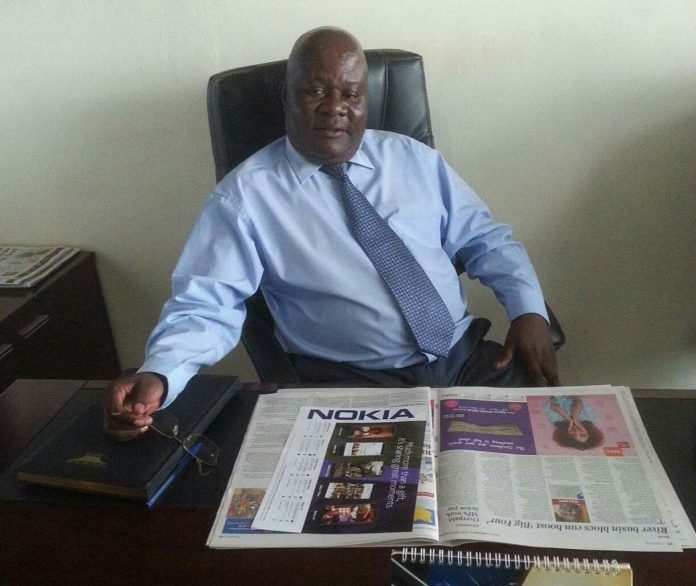
BY SAM ALFAN.
A magistrate sacked four years ago has been reinstated by Employment and Labour Relations Court.
Daniel Ochenja, a former Milimani Chief Magistrate was reinstated by Justice Lady Hellen Wasilwa saying there was no evidence that Ochenja had failed to perform his duties diligently.
“I therefore order reinstatement of the petitioner to the position he occupied prior to the dismissal with immediate effect without loss of salary and benefit,” ruled judge Wasilwa.
Ochenja started his career as a judicial officer in 1993 and served for 26 years before his dismissal.
The judge noted that for Ochenja to get another job at his age was difficult. She found that that reinstatement was the most plausible remedy.
The judge said it was evident that the disciplinary process was meted against the Magistrate was illegal, unprocedural, unfair and his rights were breached .
” I also find breach in terms of Article 41 if the constitution and other regulations including the Fair Administrative Action Act and Employment Act,” ruled Wasilwa.
Ochenja filed a petition seeking his reinstatement as the Magistrate denying any wrong doing.
He argued that his interdiction was tainted by procedural impropriety by failing to observe rules laid in the legislative instruments by being escalated mysteriously and through a shortcut suspending all mandatory rules.
“The charge was void for lack of accompanying statements as required by the mandatory rules empowering statute,” added the Magistrate.
He said the process was a nullity, unlawful and unconstitutional by failure to institute and commence disciplinary action within reasonable time.
Ochenja further added that he was denied to cross examine his accuser and JSC did not act transparently in the whole process.
He said he was presiding judge on a criminal case No. 1367 of 2014 as a plea court and accused through his lawyer wrote a letter to the court to change the plea.
The letter, he said, was placed before him for directions and he directed the matter to be placed before his court on October 31, 2014 for change of plea.
On the material day, Ochenja was informed by his clerk that the file was missing from the court registry and instructed him to check for the file as he went to preside over other matters.
While the court was in session, a skeleton file was opened without his knowledge and the same was placed before him which was sneaked into court by the court clerk identified as Okoth.
He realised that it was a skeleton file and adjourned the proceedings and summoned one Ruth Nyaga an officer in charge of registry who confirmed that she instructed Catherine a registry assistant to open the file.
After the change of plea , the court convicted the accused and an application was made that the cash bail be converted into fine, which prosecution had no issue with. However, five months down the line, he was served with an interdiction letter.
He later found after enquiry that the original cash receipt for bail could not be converted as fine by the accounts for unknown reasons.






